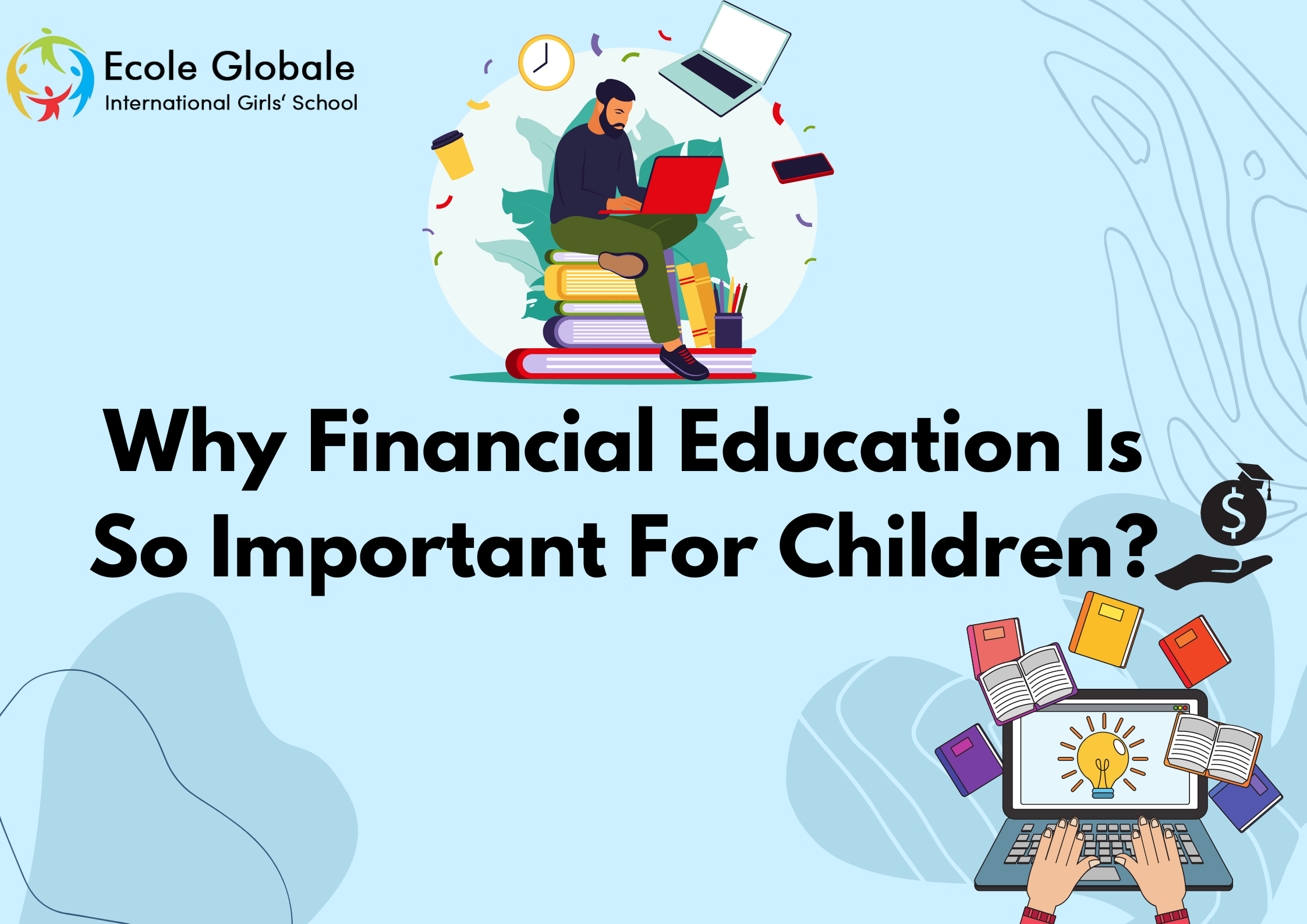Education is one thing that parents will always ardently desire for their children.
But what if we told you that there’s an education that can germinate your child’s crucial life skills and positive outlooks in the most entertaining way possible? That would directly affect the decisions and choices they make down the road. So they could live happier and more fulfilling adulthood. Yup, this education exists—and it’s financial education.
Understanding how money works can be daunting for kids. In today’s world, advertisements and marketing campaigns for toys and games surround children that seemingly adults have to buy for them.
To make matters worse, Credit card companies are sending out pre-approved offers before kids are even old enough to understand what credit is. One of the household expenses an adult has to deal with is their credit card payments. Young adults have different spending habits from adults. Therefore, it’s easier to end up in debt when they make poor money decisions.
Importance Of Financial Education

Financial education is an essential part of growing up. It helps us build our future, keeps us from getting into debt, and ables us to make intelligent financial decisions. Financial education teaches us how to manage money and make wise choices.
We have all heard the saying that “money makes the world go round.” That means we would be unable to buy food or shelter, which are essential things in life. Financial education teaches us how much things cost and how much we need to save to buy them. It also teaches us the importance of saving money by putting it into a savings account instead of spending it on candy or toys.
Financial education also teaches us about taxes and interest rates so that we can make sure that we pay our taxes on time every year. And be aware of available interest rates when we want to borrow money from someone else (such as a bank).
ALSO READ : The Biggest College Finance Mistakes You Are Making
Kids Don’t Automatically Know About Money And Its Value

You might be surprised to learn that most kids don’t automatically know about money and its value. They need to be taught, and they need to be taught in a way that’s appropriate for their age. That is especially important as technology advances- and things like online banking become more common.
Financial education can help kids prepare for life as an adult by teaching them basic money principles. Like how to balance a chequebook, keep track of expenses, or invest in stocks.
It can also help them develop good habits around saving money or purchasing.
Do you want your child to grow up into a financially responsible adult? Then you should ensure they have access to this kind of knowledge from an early age.
Teach Your Kids About Your Family’s Financial Situation

Children need to understand the ins and outs of their family’s finances. If they don’t know how much money is coming in and going out, they won’t be able to make informed decisions about their future, like choosing a college or career path that fits the family budget.
Plus, knowing about the finances will help ensure that your kids will take care of themselves once they leave home—which means you won’t have to worry so much about them being taken advantage of by others.
Talk To Your Children About Needs Versus Wants And Saving For Wants

Financial literacy is a life skill that will help children throughout their lives. It also helps them learn the value of money and how to save for the things they want.
To teach your child financial literacy, start by talking to them about needs versus wants and saving for wants. For example, let’s say your child wants a new toy or game.
If they want it badly enough, they may be willing to wait until they have saved enough money to buy it themselves without asking you for help or taking out a loan from someone like their friends or family. That is an important lesson because we all know there are times when we want something but don’t have the money yet—and this can lead us into debt if we aren’t careful!
Paying For Chores Can Lead To A Sense Of Entitlement

Paying your kid to do chores sends a message that their work isn’t worth their time and effort and that one needs to compensate for it. The former can lead to a sense of entitlement, which means they don’t feel like they have to earn— and they expect it.
Another reason why financial education is so essential for children is that it teaches them about saving. Many parents use allowance as a reward system when kids do chores around the house, but this doesn’t always translate into savings habits later on in life when kids start working outside their homes. Learning about saving early on will help kids establish good practices even if you aren’t around anymore to reward them for doing chores!
Start Them Early By Learning About Earning, Saving And Spending

One of the ways to start early is by learning about earning, saving and spending. You can introduce your kids to these concepts by letting them earn money for doing chores around the house or completing assignments at school. When you give them this responsibility, they will learn that it takes hard work to earn money and that they can use it wisely or foolishly depending on how they spend it.
You can also teach your children how to save their money by putting it in a savings account or giving them a piggy bank so they can see how much they have accumulated over time. As they get older, you can help them open up more sophisticated accounts and mutual funds. So they get used to investing wisely!
Takeaway
Teaching your kids about money will help them be more responsible with it when they get older.
Everybody knows how crucial studying is to doing well in school, but one should apply the same kind of logic should to financial education. Kids learn much better through practice than they do through preaching, and they’ll be more inclined to treat their finances responsibly once they understand the value of money from a young age. You don’t need to go overboard or teach your kids about every possible scenario; teach them enough so that they have the toolsto make responsible decisions about their money when it comes time.
For any queries related to parenting, schooling, or any student-related tips, click here to check out our latest blogs









